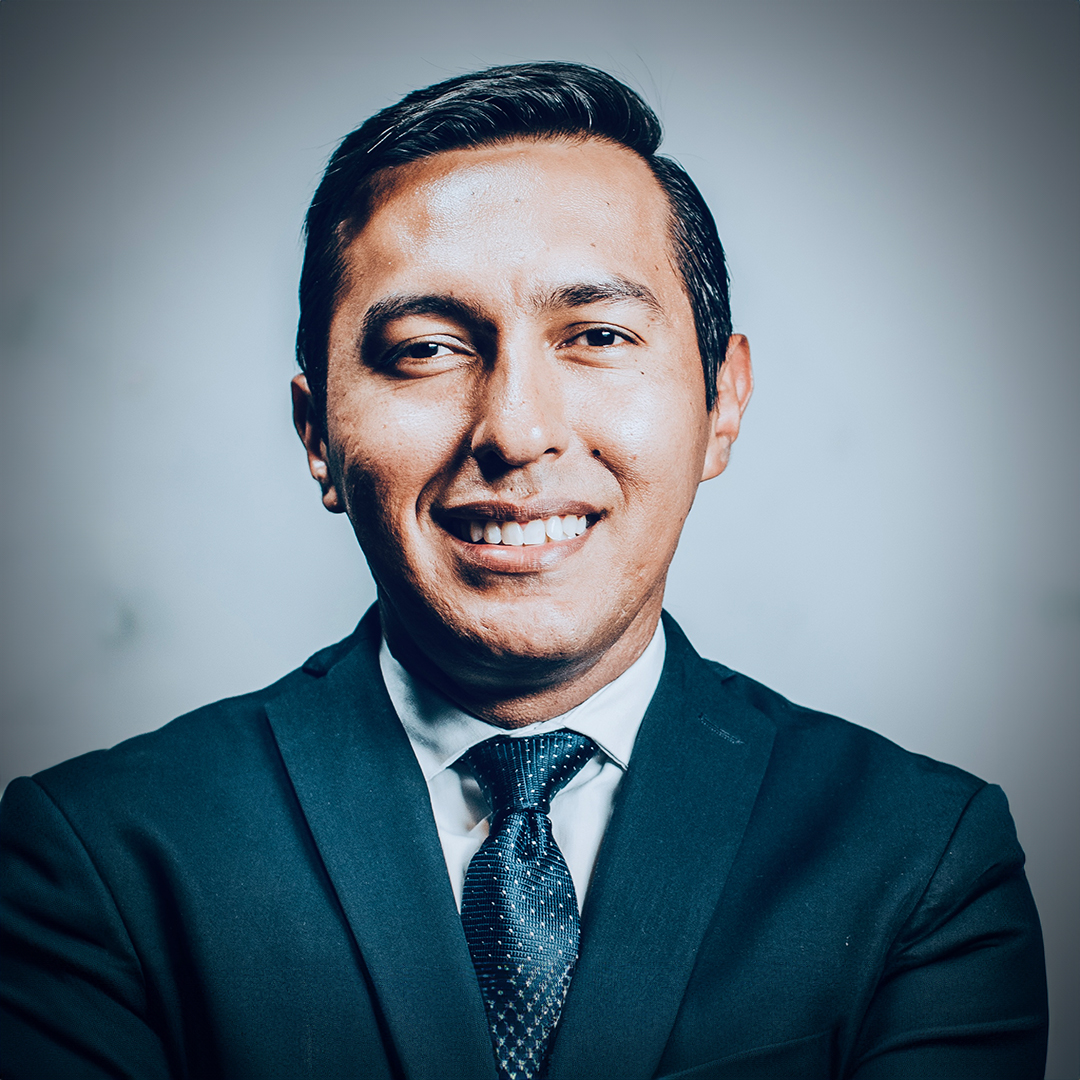EXPERT
Issues
Locations
DOWNLOAD
Over the past few weeks, Kurdish forces in Northern Iraq have surged and liberated more than 30 villages previously held by Daesh, or the so-called Islamic State. Backed and aided by Canadian and American-led air strikes, the Kurdish Peshmerga army is slowly freeing parts of the region that Daesh had conquered over the past 18 months. And while some Iraqi minority groups are celebrating the liberation of their homeland, the expulsion of Daesh in the Sinjar region has led to some grisly discoveries. Of particular horror are the atrocities committed against the Yazidi people. Yazidis are an ancient tribe with a mix of Zoroastrian, Christian, and Muslim beliefs. They have been living in the Sinjar Mountains for centuries. Even before Daesh crusaders began their massacre, the Yazidi people did not live comfortable lives. Iraq’s Arab, Sunni, Shi’ite and Kurdish populations all contribute to the stereotype that the Yazidis are devil-worshippers. The arrival of Daesh, however, has brought a new level of depravity for the Yazidis. More than half a dozen mass graves have been discovered in recent weeks, many rigged with explosives. One such grave contained the bodies of nearly one hundred women estimated to be between the ages of 40 and 80. They were murdered because they were considered too old to rape or become sex-slaves. When Daesh invaded the village of Khocho in August 2014, they gave the Yazidi people an option: convert to Islam or die. In the following days, hundreds of the men and boys were executed, while the girls and women were enslaved and raped by their Islamic captors, that is, unless they were deemed too old. The United Nations estimates that 5,000 Yazidis were killed that summer, while another 7,000 were abducted and remain missing. Kurdish forces helped tens of thousands flee their villages, while thousands more fled to Mount Sinjar. Stranded atop the mountain, these Yazidis were slowly killed as Daesh cut off their food and water supplies. It was the plight of the Yazidis in Sinjar that led the Obama administration to launch its initial airstrikes against Daesh. More than a year has passed since those initial strikes, and yet, the fate of the Yazidi people remains in jeopardy. A report written by the UN High Commissioner for Human Rights, based on hundreds of interviews with survivors and observers, describes the horrors of Daesh’s attacks in northern Iraq between June 2014 and February 2015. The report details the “brutal and targeted” killings of Yazidis in the Nineveh province, a region home to other persecuted ethnic minorities such as Assyrian and Armenian Christians, Iraqi Turkmen, Kurds, and smaller Shi’ite Muslim groups such as the Shabak people. All these groups face intense persecution at the hands of Daesh. The UN report on the Yazidi population, however, paints perhaps the darkest accounts of human rights abuses. This includes the enslavement and rape of girls as young as six and the kidnapping of boys as young as eight who were then forced to become Daesh’s frontline fighters. All the telltale signs are there. Daesh is committing genocide against the Yazidi people. As members of Trudeau’s government stood against an opposition motion to continue bombing Daesh, they signaled that Canada is giving up on an important aspect of this war; a war that is far from over. Some Canadians may prefer to stay out of foreign conflicts, and for Canadian armed forces to play the role of peacekeeper rather than pick sides in complex wars. Unfortunately, for minority groups such as the Yazidis, peacekeepers will not help them in Iraq. There is no peace to keep. There is just slaughter. Read the original at Toronto Sun.


 Leonardo Gonzalez
Leonardo Gonzalez